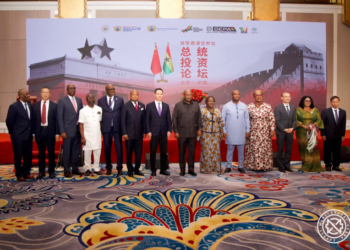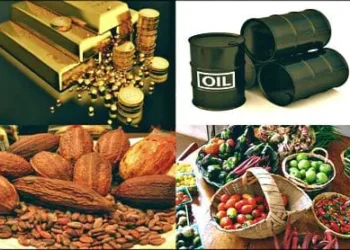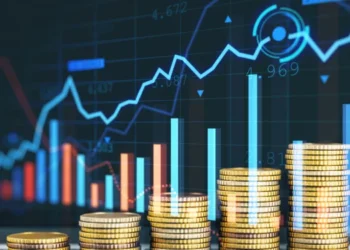The Bank of Ghana is likely to refrain from tinkering with the policy rate— the rate at which Commercial Banks borrow from the Central Bank— at 14.5 percent, well beyond the first half of 2021 as renewed waves and new variants of the COVID-19 virus surge, coupled with the likelihood that the availability of vaccines will not have an immediate impact on the economy.
The Governor of the Bank of Ghana, Dr. Ernest Addison for the fifth consecutive time stayed the monetary policy rate at 14.5 percent during the Bank’s Monetary Policy Committee (MPC) meeting which lasted between January 26, 2021 and January 29, 2021.
The chairman of the MPC meeting indicated that the economy is still not out of the woods yet, as a second wave of the COVID-19 pandemic threatens to destabilize a sustainable recovery this year. He also cited risks to inflation and growth as contributing factors for maintaining the status quo in the policy rate.
“The prospects of a sharp fiscal correction in 2021 now looks unlikely amidst the second wave of the pandemic which will be requiring additional spending to provide testing, vaccines, etc.
“To put debt on a sustainable path and to ensure sustainability in policies, some new revenue measures and expenditure rationalization efforts will have to be pursued within the context of the medium term fiscal framework to allow for the generation of primary surpluses.”
Meanwhile, the President of the Republic of Ghana, H.E. Nana Addo-Dankwa Akuffo Addo, in his 23rd Covid-19 update on the January 31, 2021 announced that the government was working to procure about 17 million doses of COVID-19 vaccines by the end of June 2021, with the earliest vaccine consignment available by March, 2021.

Whilst these assurances are refreshing, as it will reduce the health risk posed by the virus and has the potential of setting the economy on the path of recovery, the impact of the vaccination on the macroeconomy will not be immediate. The recovery is expected to lag, as various sectors of the economy may respond slowly and the economic blow of a new surge of the virus may prolong; delay the recovery of jobs, investments, and businesses. Thus, the likely pause of the policy rate by the Central Bank.
Moreover, the room for a policy rate cut seems very limited in the near term, considering current circumstances. Along these lines, the Governor has hinted that his outfit is likely to maintain its accommodative stance of monetary policy as was the case in the previous year when COVID cases began to surge.
Prior to the MPC meeting, The Association of Ghanaian Industries (AGI), Ghana Union of Traders Association (GUTA), were very vocal in registering their request for a reduction in the monetary policy rate by the Central Bank. As the cost of credit by Commercial Banks remained very high and has always been a disincentive for businesses in need of credit for productive investments.

Interest Rate Development
Accordingly, BoG indicated that interest rates on the money market broadly have showed downward trends across the yield curve. On a year-on-year basis, the 91-day declined to 14.1 percent in December 2020 from 14.7 percent. Similarly, the 182-day Treasury bill rate also fell to 14.1 percent from 15.2 percent over the same period in 2019.
On the secondary bond market, there was a decline of yields on 6-year, 7-year, 10-year, and 15-year bonds. The rates on the 20-year bond, however, inched up marginally to 22.3 percent year-on-year.
Also, the average lending rates of banks declined to 21.1 percent in December 2020 from 23.6 percent recorded in the corresponding period of 2019, consistent with the monetary policy stance.






















